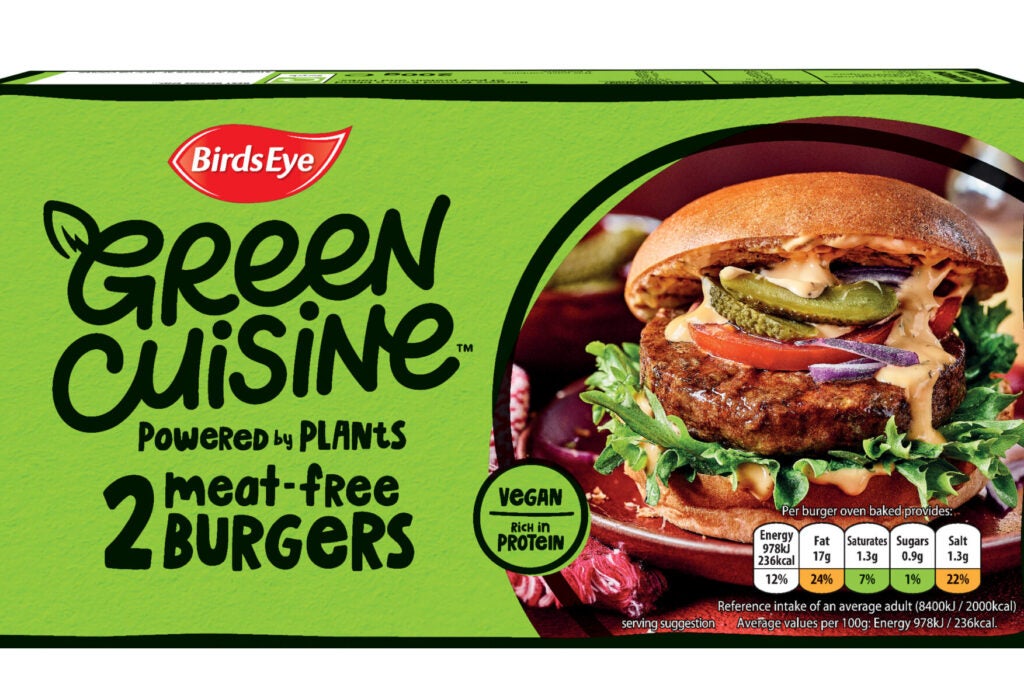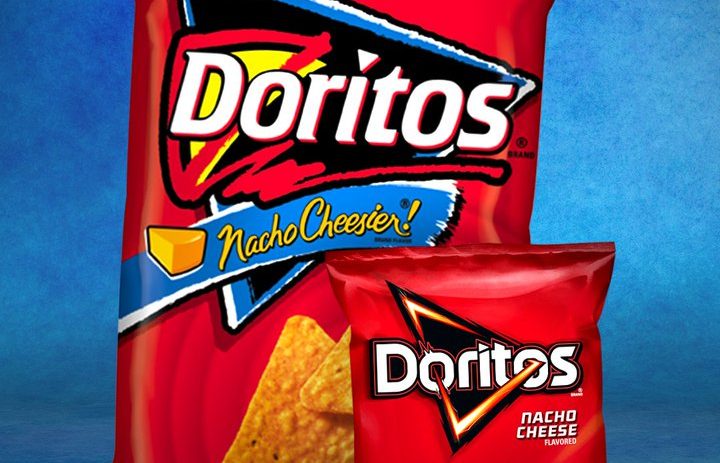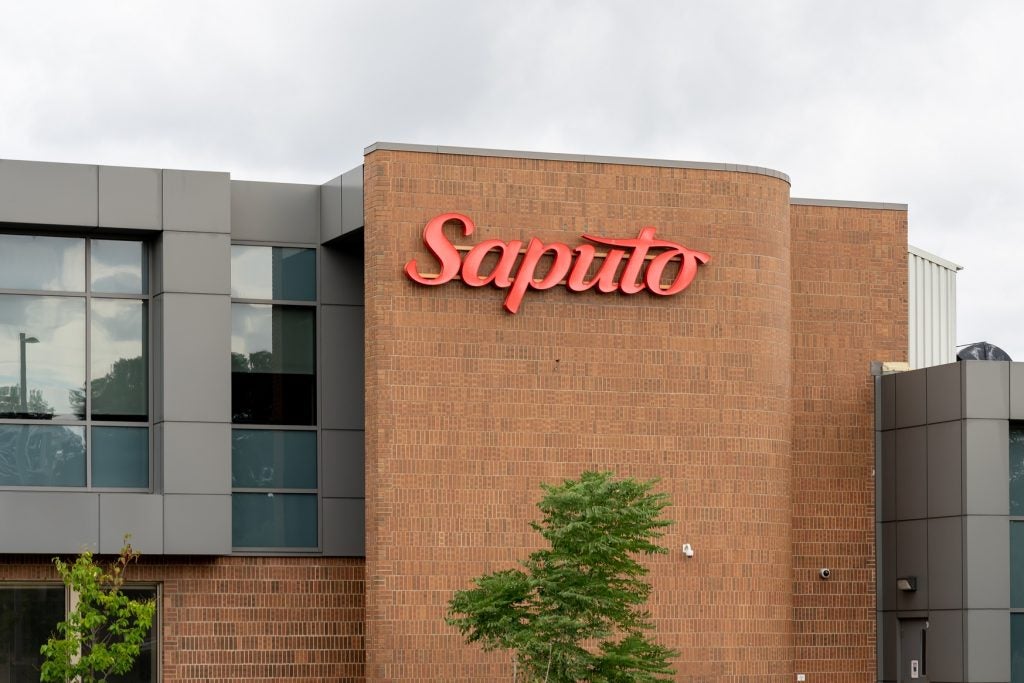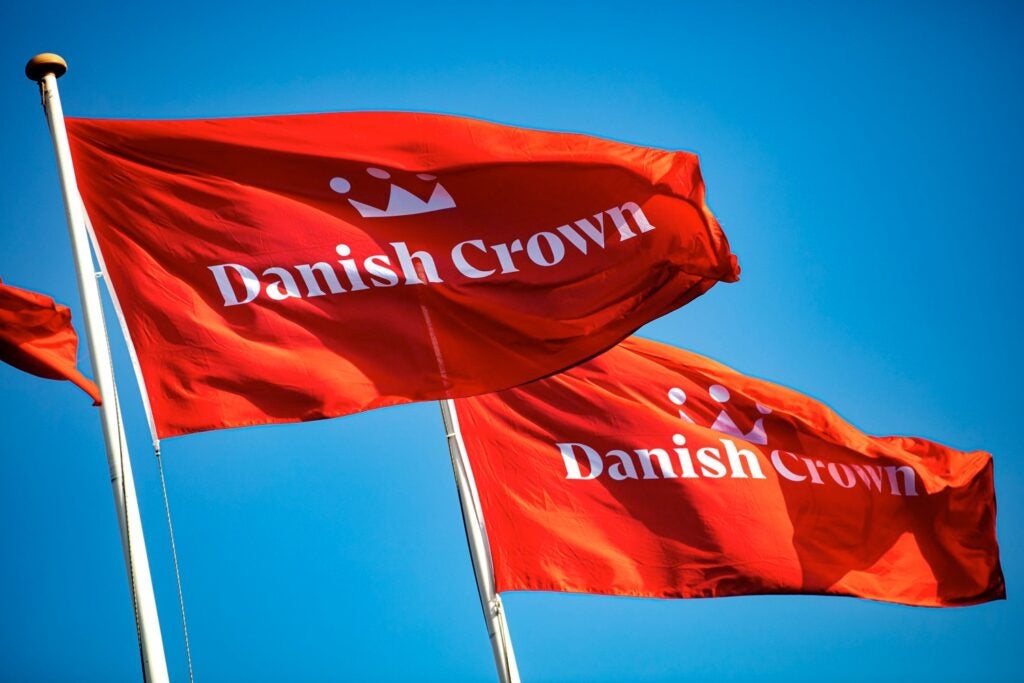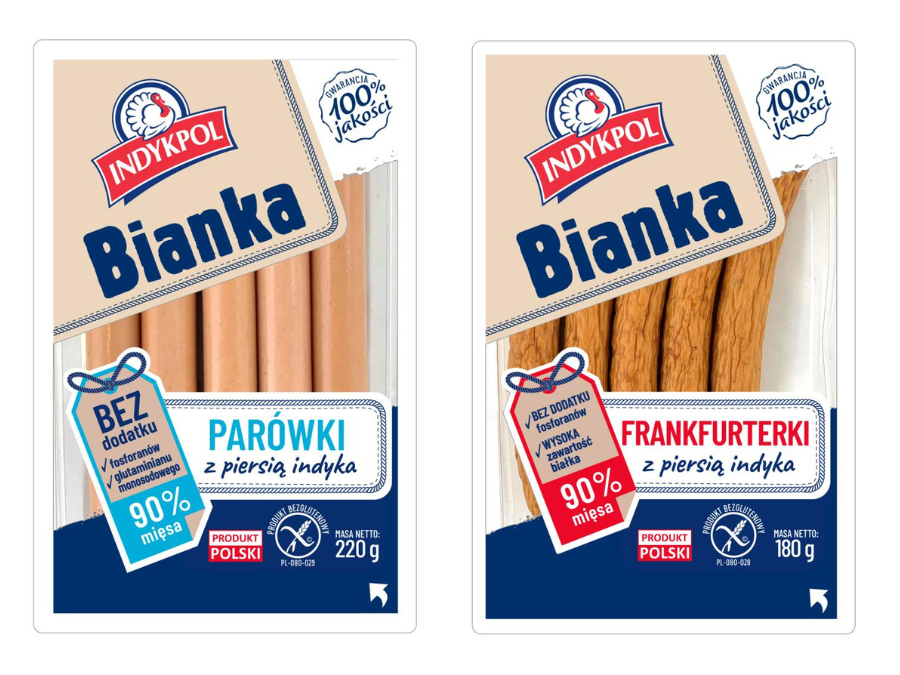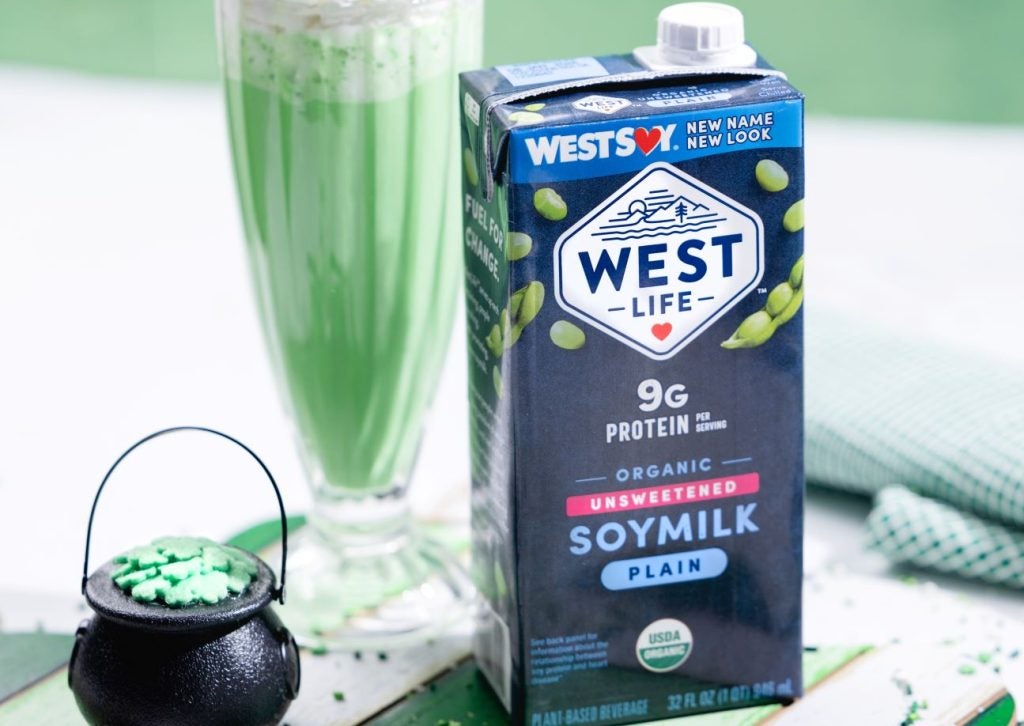Nomad Foods is prioritising restoring lost volumes but, despite an expected improvement this quarter, a return to growth is not anticipated until next year.
Price increases by Europe’s largest frozen-foods maker to offset input-cost inflation have propped up revenue but at the same time have weighed on volumes and market share. CEO Stéfan Descheemaeker also suggested there has been a backlash from some retailers, resulting in lost shelf space.
Volumes continued to decline through the third quarter to 30 September even though Nomad Foods, the owner of brands such as Findus and Goodfella’s, pledged in May to boost advertising and promotional (A&P) spending from the second quarter onward as a countermeasure to the rise in private label.
A&P investment increased to 5% of sales in September from 3.5% a year earlier, “consistent with our objective to return to share and volume growth”, Descheemaeker said yesterday (9 November). He expects “volume and share trends to improve in the fourth quarter, ultimately returning to growth in 2024 and beyond”.
Publicly-listed Nomad Foods eked out a 0.5% rise in third-quarter sales revenue to €764m ($815.3m) with organic growth of 1.6%. Volume-mix, however, declined 11.2% based on pricing of 12.8%.
Year-to-date sales increased 4.3% to €2.28bn (6% organic growth) with volume/mix down 10.6% and pricing up 16.6%.
Descheemaeker said: “In reaction to historic inflation last year, we adjusted our price in 2022 and 2023, knowing that we would lose volumes. We’ve lost volumes, but this was a necessary decision to safeguard the integrity and strength of our business.
“Now that we have stabilised our business, returning to volume growth is our most important strategic objective.”
Discussing the results with analysts, Descheemaeker outlined the difficulties the Aunt Bessie’s brand owner has faced negotiating prices with customers.
“We also made some difficult but necessary decisions with a few of our retail partners across several markets. This resulted in some volume losses that were outside of our original plan. Absent these dislocations, our volume progress would have been consistent with our sequential volume improvement plan.
“The majority of these discussions have been addressed and we expect that these losses will reverse in the fourth quarter and in the first quarter of next year, bringing us back on track.”
Descheemaeker said retailer discussions in Europe have become more frequent through the inflation cycle, as many as four compared to what would normally have been one set of annual talks.
Despite the dialogue, he said about 2% or more of Nomad Foods’ third-quarter sales were "lost with these negotiations”, with more talks to come through the final three months of the year.
As well as A&P spending, the Green Cuisine plant-based range maker also plans new innovation in new categories in select geographical markets to help restore volumes.
“’Do we believe that we’re going to gain market share and get back to volume growth next year?’ Absolutely,” Descheemaeker said during yesterday’s Q&A session. ‘Where are they going to happen, in which week?’ I can’t tell you that right now. But, definitely, we’re very confident that we’re going to gain market share and we’re going to gain volume next year.”
Nomad Foods’ profits and gross margin were down in the quarter. Adjusted EBITDA fell 8.8% to €140m and adjusted net profit dropped 18.7% to €73m. Earnings per share, adjusted, declined 17.3% to €0.43.
The gross margin decreased 70 basis points to 28.4%.
“Looking out to Q4, we remain on track to deliver stable gross margin for the year. This will be supported by an improving volume trend, pricing, strong cost discipline and robust RGM [revenue growth management] execution,” CFO Samy Zekhout said.
Descheemaeker also made a passing reference to the emergence of the GLP-1 weight-loss drugs and the potential impact on food volumes.
"The long-term impact of these treatments is still under examination. However, in any scenario, we believe Nomad is in an excellent position due to our unique portfolio of products, which are on target for consumers looking to eat healthy,” he said.


